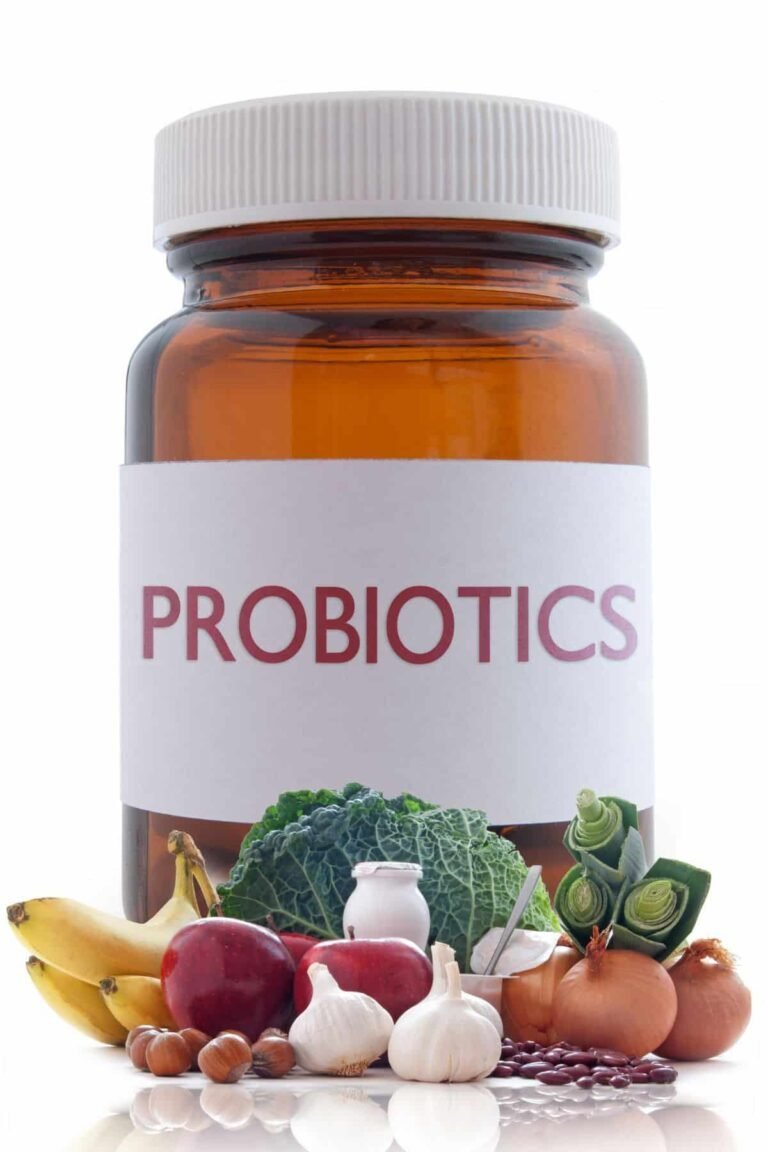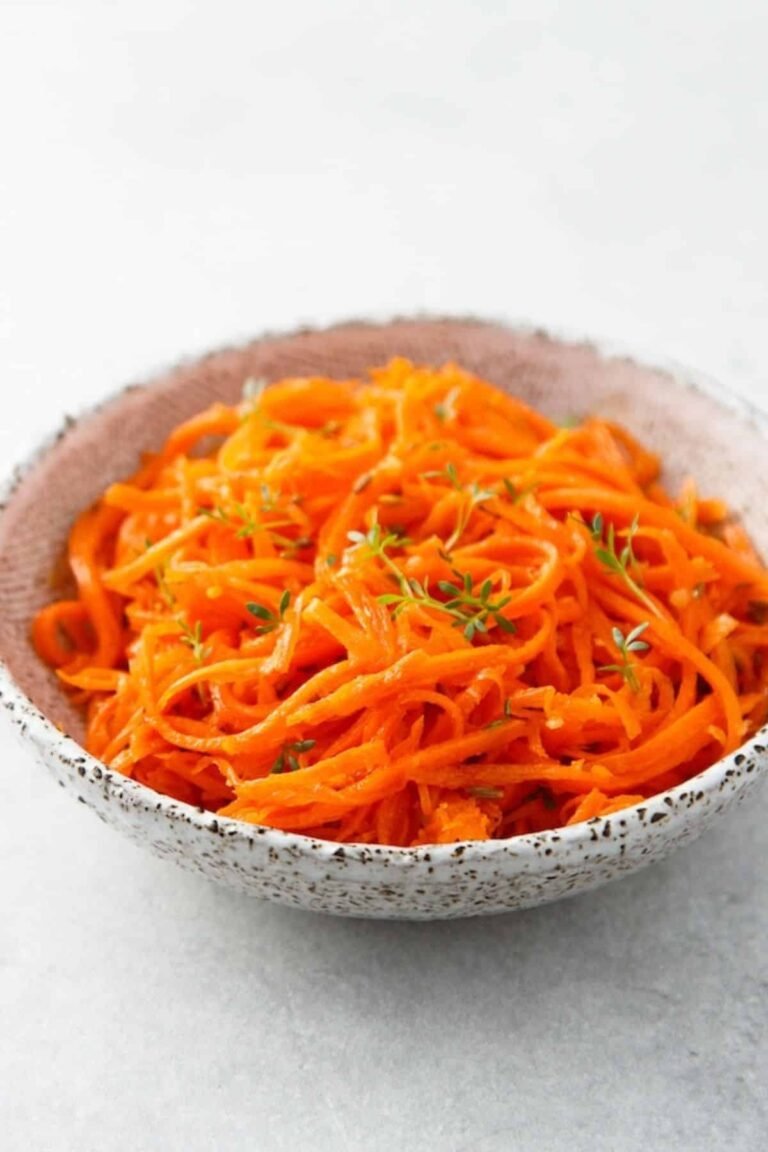Easy Clean Eating Recipes for Beginners
In today’s fast-paced world, it’s easy to overlook the importance of a healthy diet. But now more than ever, there’s a growing awareness of the significance of what we eat in supporting our overall well-being. The good news is, achieving a healthier lifestyle doesn’t necessarily mean following strict diets or feeling deprived. Enter clean eating – a flexible and sustainable approach to nourishing your body with real, whole foods.
What is Clean Eating?
Clean eating isn’t about adhering to rigid rules or eliminating entire food groups. Instead, it’s about prioritizing real, unprocessed foods while being mindful of individual dietary needs and preferences. Think of it as filling your plate with nutrient-rich vegetables, fruits, lean proteins, and whole grains, while minimizing intake of processed and sugary foods.
Key Principles of Clean Eating:
- Embrace Real Foods: Opt for whole, minimally processed foods as much as possible. Choose fresh fruits and vegetables, lean meats, fish, nuts, seeds, and whole grains over packaged and highly processed options.
- Individualize Your Approach: Clean eating isn’t one-size-fits-all. Consider your unique dietary requirements and preferences. Some may thrive on a gluten or dairy-free diet, while others may not need to restrict these foods.
- Prioritize Quality: Whenever feasible, choose organic and sustainably sourced ingredients to minimize exposure to pesticides and support environmental sustainability.
How Clean Eating Benefits Your Health:
- Weight Management: By focusing on nutrient-dense foods and reducing intake of empty calories, clean eating can support healthy weight management without resorting to extreme diets.
- Improved Energy Levels: Fueling your body with whole foods provides sustained energy levels throughout the day, reducing the reliance on quick-fix snacks and caffeinated beverages.
- Enhanced Well-being: Clean eating can contribute to improved mood, better digestion, and overall well-being by supplying the body with essential nutrients and reducing inflammation.
Clean Eating for Health Conditions:
Clean eating isn’t just for general health – it can also be beneficial for managing certain health conditions. For instance, individuals experiencing symptoms of conditions like Hashimoto’s disease may find relief by adopting a clean eating approach, though it’s essential to consult with a healthcare professional before making significant dietary changes.
Conclusion:
Clean eating offers a balanced and flexible approach to improving your health and well-being. By prioritizing whole, nutrient-rich foods and tailoring your diet to meet your individual needs, you can enjoy the benefits of clean eating without feeling restricted. Remember, it’s not about perfection but making sustainable choices that support your long-term health goals.
FAQs:
1.Is clean eating only for weight loss?
Clean eating is not solely about weight loss. While it can support healthy weight management, its primary focus is on nourishing the body with nutrient-rich foods for overall health and well-being.
2.Do I have to eliminate gluten and dairy for clean eating?
Not necessarily. Clean eating is highly individualized, and some people may thrive on a gluten or dairy-free diet, while others may not need to eliminate these foods. It’s essential to listen to your body and make choices that align with your dietary needs and preferences.
3.Can clean eating help with specific health conditions?
Clean eating can potentially benefit various health conditions by providing essential nutrients and reducing inflammation. However, it’s essential to consult with a healthcare professional before making significant dietary changes, especially if you have specific health concerns






